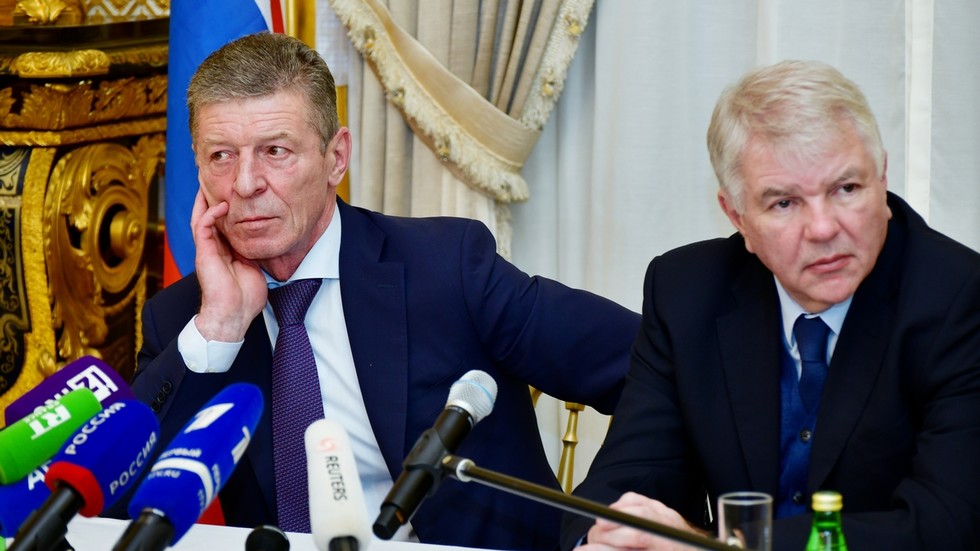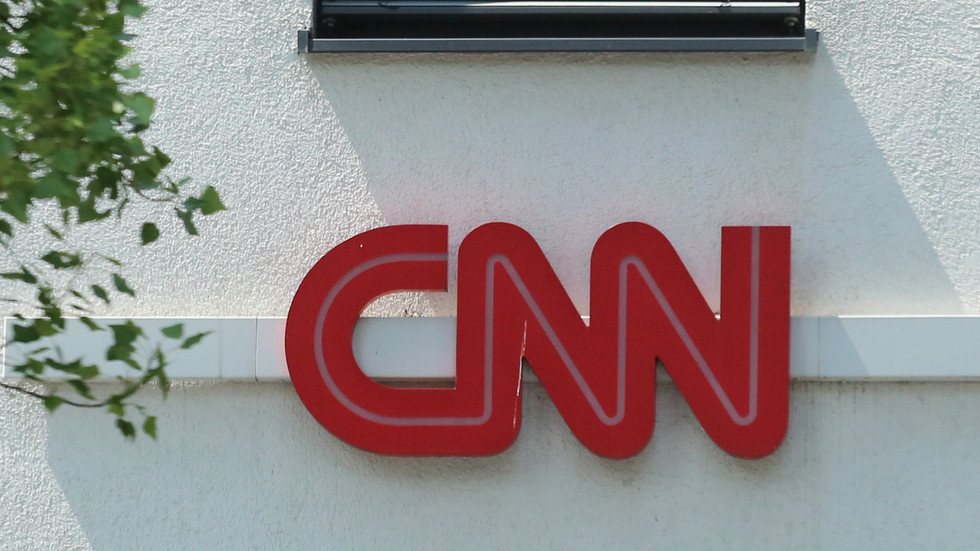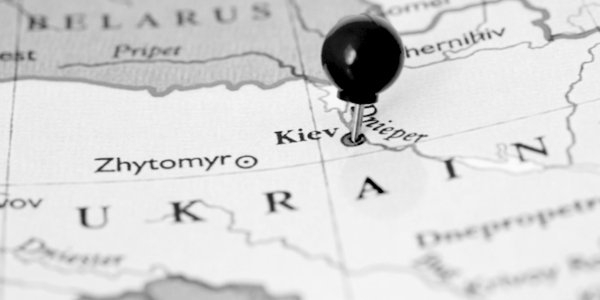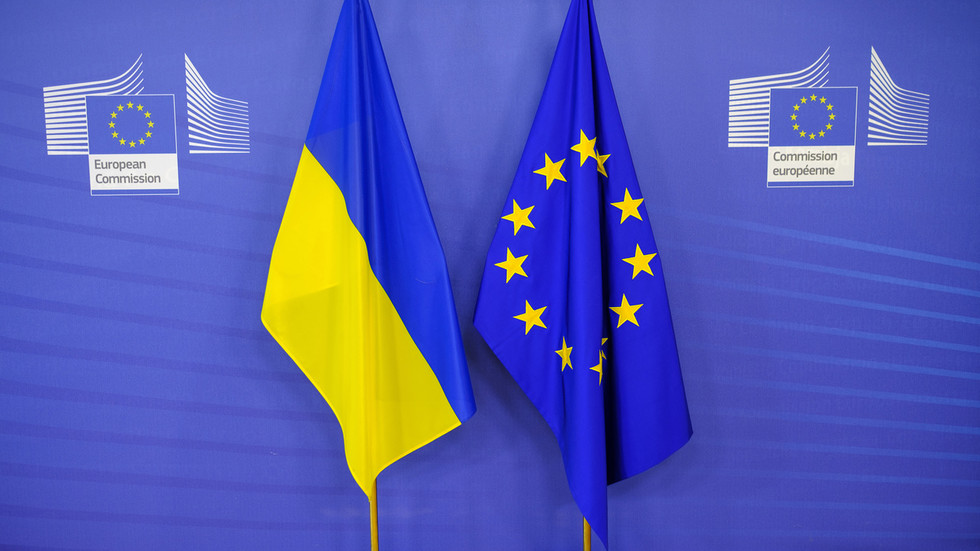The administration's case for committing troops to the most corrupt country in Europe from a still hypothetical and strategically stupid "invasion" fell apart before it even began.

www.newsweek.com
Why Do American Elites Want War In Ukraine?
George Orwell's
The Lion and the Unicorn (1941) contains the following description of the English elite:
One thing that has always shown that the English ruling class are
morally fairly sound, is that in time of war they are ready enough to get themselves killed.... What is to be expected of them is not treachery or physical cowardice, but stupidity, unconscious sabotage, an infallible instinct for doing the wrong thing. They are not wicked, or not altogether wicked; they are merely unteachable. Only when their money and power are gone will the younger among them begin to grasp what century they are living in.
America's own ruling class has more than its share of the unteachable types, as well as the cynical scoundrelism of Orwell's description of the U.S. ruling elite as "mere bandits...consciously clinging to unjust privileges and beating down opposition by bribery and tear-gas bombs."
And when it's not bombs at home, it's bombs away. Or perhaps in
Joe Biden's case, both.
The current president is perhaps the leading exemplar of American banditry, coupling treachery with an infallible instinct for doing the wrong thing. His own former boss, President
Barack Obama, is said to have
remarked upon his Vice President's "ability to f*** things up." And that ability has not diminished with time.
So, of course, to war. Whether in lock-step or goose-step, the rest of the ruling class amplifies Biden's thirst for something, anything that provides respite from domestic catastrophe. We are just days away from front-page headlines dubbing the tent cities across America "Bidenvilles." Something must be done. And that thing,
to paraphrase Vice President Kamala Harris, is the thing they have been doing, every day: point at Russia.
"Putin is the devil and Russia subverted American democracy" has become a moralistic mantra for every Biden booster and Foggy Bottom staffer. But flaccid, obfuscatory jaw-jawing over the moral turpitude of Russia's dealings with Ukraine has also whet the appetites of the long-benched war lobby.
That lobby wants its turn back at the helm. Sanctions ain't good enough, cry its advocates on Capitol Hill and in the media. Stiffen the sinews. Summon up someone else's blood. Cry Ukraine for democracy, Joey and Uncle Sam!
No one's buying it.
MOSCOW, RUSSIA - DECEMBER 23: (RUSSIA OUT): Russian President Vladimir Putin speaks during his annual press conference at the Moscow Manege, on December 23, 2021, in Moscow, Russia. More than 500 journalists were invited to Vladimir Putin's end-of-year marathon press conference.
A Trafalgar poll
revealed only 15 percent of American voters believe the U.S. should put "boots on the ground" in the event of an invasion. Public support for committing troops to the most corrupt country in Europe from a still hypothetical and strategically stupid "invasion" is so low that the administration's case fell apart before it even began. But who cares? Ready the troops anyway. America's ruling class can't even be bothered to falsify intelligence or drum up public anger this time.
To ordinary Americans, Ukraine is just another Iraq waiting to happen. And as delicious as that sounds to State Department staffers still bearing a grudge over Crimea, the oft-heard consternation of the political Right—"Biden cares about Ukraine's borders more than America's!"—is becoming more common a refrain in the middle ground of American politics, and even sometimes on the Left.
Even Fareed Zakaria, albeit
via others, appears willing to concede what should be a self-evident point: that Putin is scarcely stupid enough to try for a decades-long occupation of Ukraine when he can achieve his strategic objective—pushing
NATO out of the buffer country—with implicit threats alone.
It's not
certain that Putin won't become hungrier for military action, but the Russian president is calculating whether he can drive divisions throughout Europe and the United States without it. Naturally, given Biden's disastrous energy policies, the
self-inflicted humiliation in Afghanistan and America's unwillingness to stand up to Russia's most critical current bedfellow—communist China—Putin has the upper hand.
Expect, therefore, an impending narrative shift. We'll hear less "defensive" and more "offensive" posturing, as vested interests desperately try to goad Putin into any "minor incursion" to justify the hype, spending and their own prognostications. The Biden-level popularity of current Ukrainian president Volodymyr Zelensky also demands such a shift.
But the more important question at hand is
cui bono? Who would be the winners in a conflict with Russia over Ukrainian border integrity? Besides Lockheed Martin, BAE Systems and the credibility-impoverished foreign policy establishment, that is?
Well, Putin himself, of course, who will be able to publicly campaign on his defense of Russian sovereignty and security in the face of NATO tanks adorned with rainbow flags. Biden's team surely hopes the U.S. president would be able to do something similar at home, though the appetite for war appears to be stagnant, if not waning.
Putin wants NATO out of Ukraine. The
European Union wants Ukraine in the
EU. And the United States is showing a disproportionate interest in the nation's "democratic integrity"—a red herring to distract from both Kyiv's corruption and strategic realities. To reach what everyone wants, the answer is more elegant than war. The answer is to pursue peace and diplomacy with the end goal of bringing Russia to the table and using her as a bulwark against China.
This would be a decades-long initiative. It would require a full about-face of almost the entire Western foreign policy apparatus, and it would certainly rile neoliberals whose bizarre inclusionary insistences on behalf of communist China for some reason or another still do not extend to the Russian Federation.
Politically, it seems impossible. Russia is too much of an easy scapegoat for domestic political woes and tall tales of "collusion" and "election interference." But decades of war with Russia over Ukraine would only bring us to this position anyway. Perhaps somewhere, someone can be teachable, and save us the price tags and bloodshed up front.
Raheem Kassam is the editor in chief of The National Pulse
, a Lincoln Fellow at the Claremont Institute and a senior fellow at the Bow Group in London. He covered the Maidan revolution in 2013 from Kyiv.
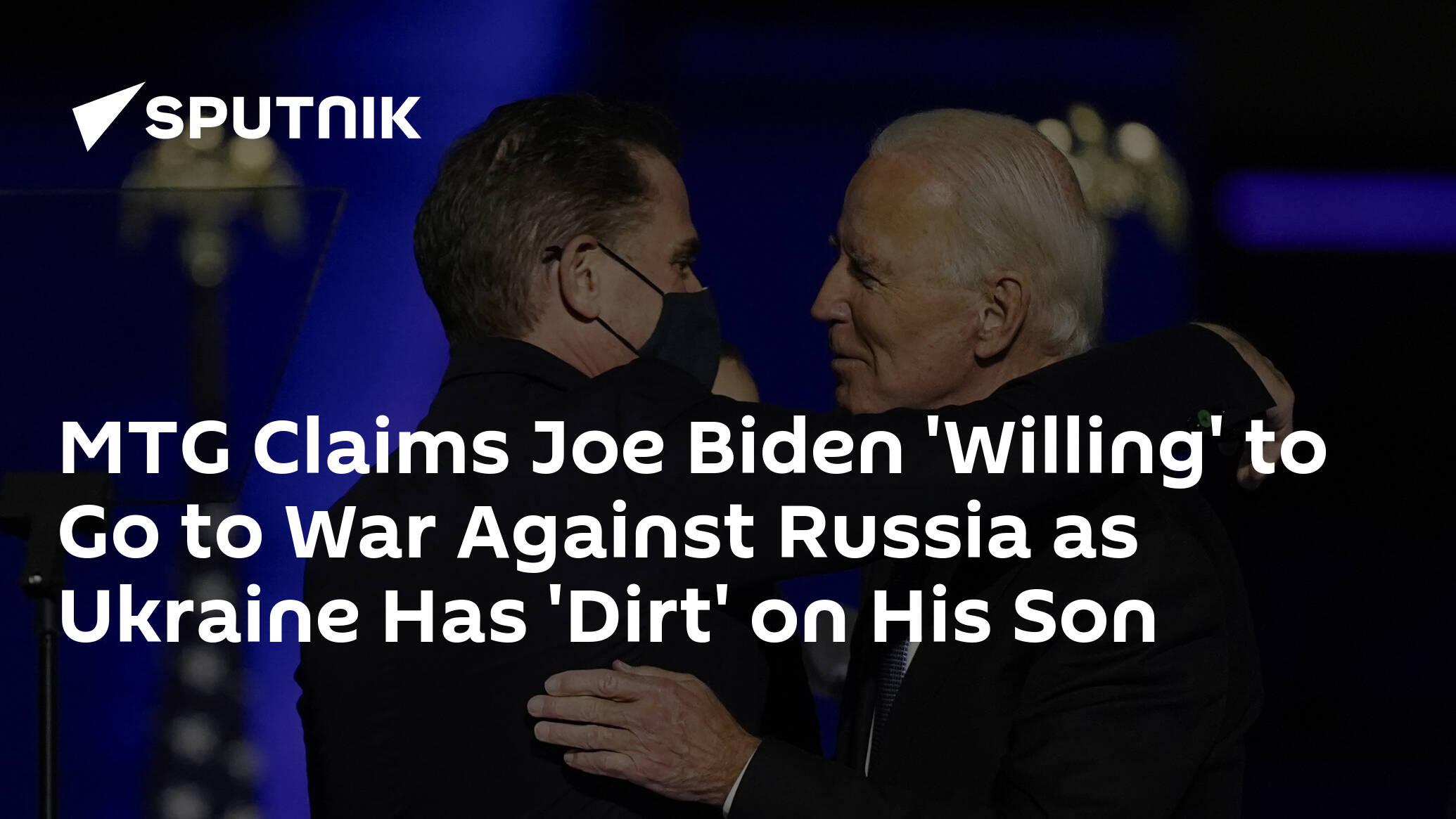
 sputniknews.com
By Svetlana Ekimenko - 2 hours ago
sputniknews.com
By Svetlana Ekimenko - 2 hours ago

